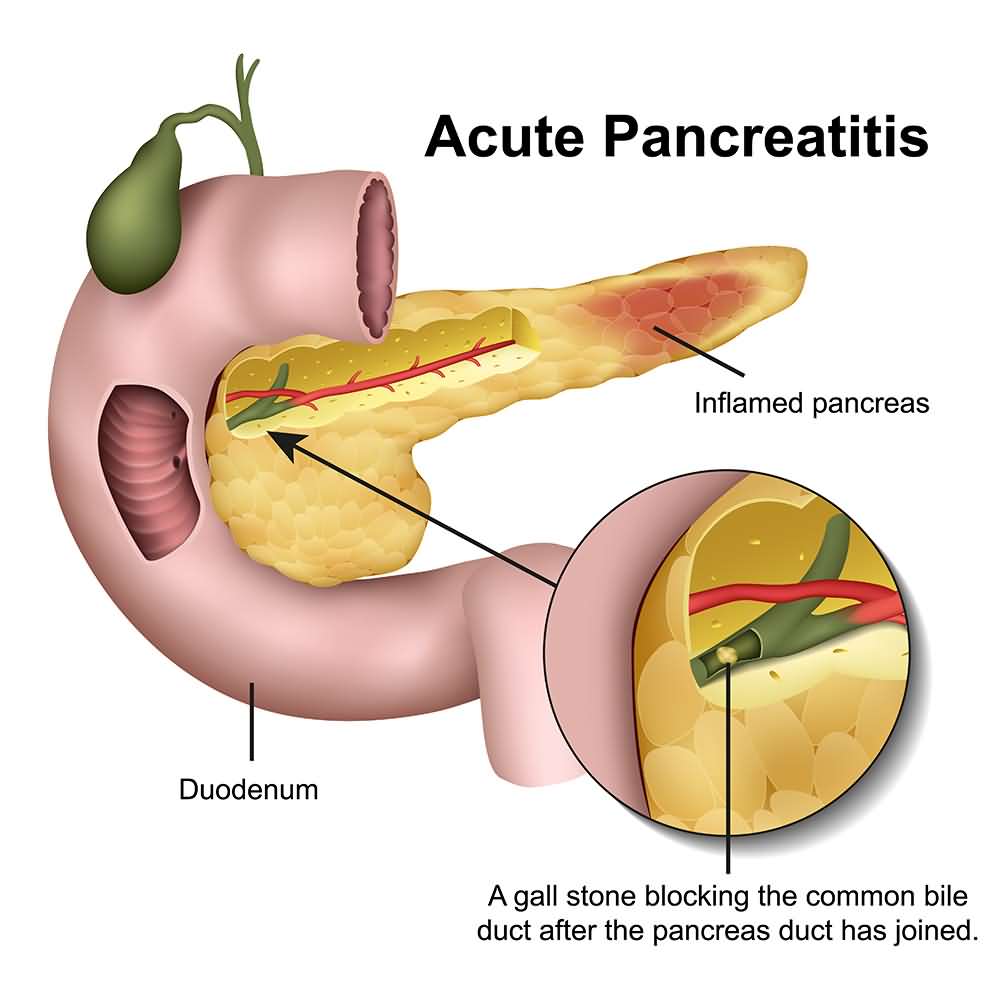Gastrointestinal problems

Mumps virus can cause severe pancreatitis in adults. The exocrine pancreas, which is responsible for producing digestive enzymes, is the one most commonly affected. When this happens, patients report abdominal pain, low-grade fever, vomiting, and abdominal distension. Serum lipase is also increased in such circumstances. In pancreatitis, digestive enzymes normally secreted by the pancreas get activated prematurely, before they are released in the small intestine. They start damaging the pancreas leading to several symptoms such as bloating, fever and abdominal pain. Abdominal pain and diarrhea in pancreatitis caused by mumps are usually self-limiting, but other causes may need proper clinical management for a full recovery. Doctors need to differentiate the symptoms of pancreatitis from biliary colic, gastroduodenal ulcer or perforation. For this reason, an immediate visit to a doctor is essential, especially because this complication can also lead to death.
Loss of appetite is another major problem during a mumps infection. In rare cases, the patient suffers from cachexia and severe weight loss. The doctor might need to perform a CT scan, MRI and chest X-Ray in order to diagnose the condition accurately before devising a proper treatment plan.


